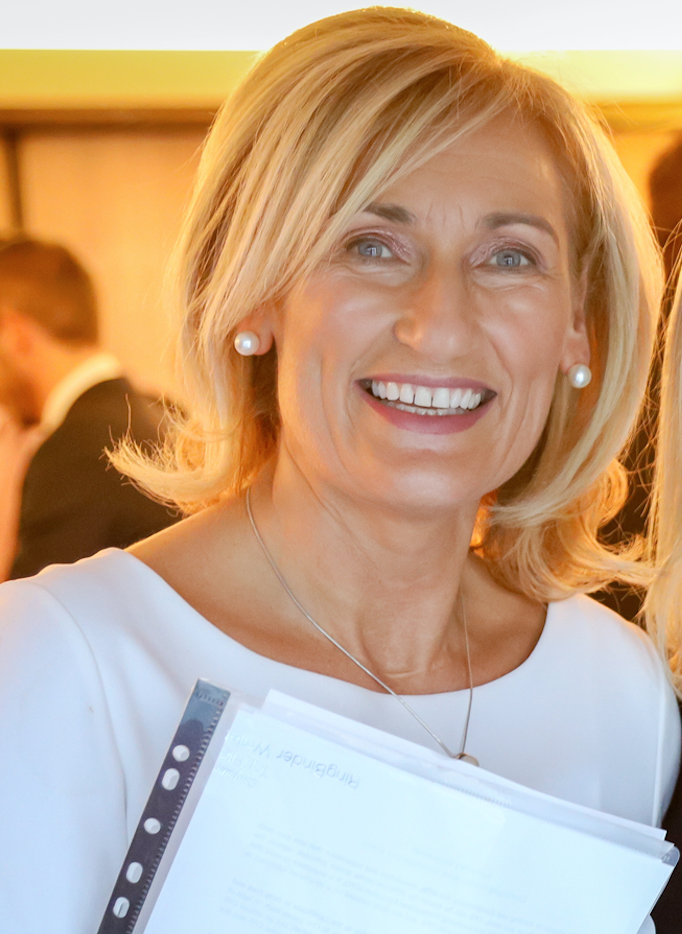Isabelle Courtney (BA. MSc.) is a Librarian/Information professional and freelance journalist. She lecturers in Records Management and Information Law on the Library and Information Management MSc programme at Dublin Business School. She is a member of the Library Association of Ireland where she sits on the literacies committee and she is also an active member of the MLI Working Group Panel. Having completed an undergraduate degree in journalism, I returned to education to pursue my true passion and embarked on a Master’s degree in Library & Information Management in 2016. I was immediately struck by the similarities that existed between the two disciplines of journalism and librarianship. As writer and journalist David Beard puts it, journalists and librarians are essentially ‘information-gathering cousins’. While journalists speak about fact-checking/verification and media literacy, librarians speak about evaluation of information, Information Literacy, citation and critical thinking. Some academics argue that media literacy is a subset of information literacy, some disagree and say they are two separate entities, either way they are closely aligned and have a shared mission of empowerment.
While studying to be a librarian, my realisation of the overlap between journalism and librarianship coincided with the 2016 US presidential election and not long after the Brexit vote. Fake news, alternative facts and post truth society were becoming ubiquitous terms. The emerging literature on the subject was overwhelmingly coming from the two disciplines. Historically, both professions were deeply rooted in truth and fact yet, librarians and journalists seemed to be existing in echo chambers, neither group interacting with the other.
So, in an effort to find out if Information Literacy instruction had a role to play in journalism education my dissertation research focused on the institutions in Ireland who offer journalism, broadcasting/media studies courses and explored to what extent information literacy was being taught and to what extent faculty interacted with their academic librarians.
When it came to information evaluation and media literacy, journalists and librarians have a similar set of tools in their toolkits. For example, librarians use the to the CRAAP test to evaluate information. Currency, Relevance, Authority, Accuracy and Purpose. While journalism students are taught to use the SMELL test to evaluate news: Source, Motivation, Evidence Logic and what’s Left out?
On the advice of one of my research interviewees, Eileen Culloty, I attended the inaugural MLI networking event in July 2017. MLI had taken a multi-stakeholder approach in its formation and many sectors were represented: online platforms, media producers, civil society, education and academia but to my surprise I was the only librarian at the event and not even a fully qualified one at that! I was a member of the Library Association’s Literacies Committee and could see the benefits of a possible alliance. Introductions were made, the gap was filled and so began a strong strategic partnership between the LAI and MLI.
The Be Media Smart campaign which took place in Spring 2019 was mutually beneficial. The LAI offered enormous reach across all library sectors, expertise as trained information literacy instructors and trust because the public view libraries as reliable sources of information. The campaign also gave recognition of the role of libraries in the area of media literacy and this aligned with the International Federation for Library Association’s How to Spot Fake News campaign and their mission to combat the rise of misinformation. The LAI literacies committee took an active role in the campaign, several academic libraries and over 40 public libraries also got on board.
The LAI is a permanent member of the MLI Steering Group and library staff are well-represented on its Working Groups, in particular the Training & Development group, who are currently researching existing online media literacy courses and resources with a view to the development of an MLI recognised course and digital badge award.
Although it comes with its own challenges, my hope is that the LAI/MLI partnership will continue for many years to come, where libraries will no longer be viewed as merely book-lending facilities but centres for information, community learning and advocates for information and media literacy education.
